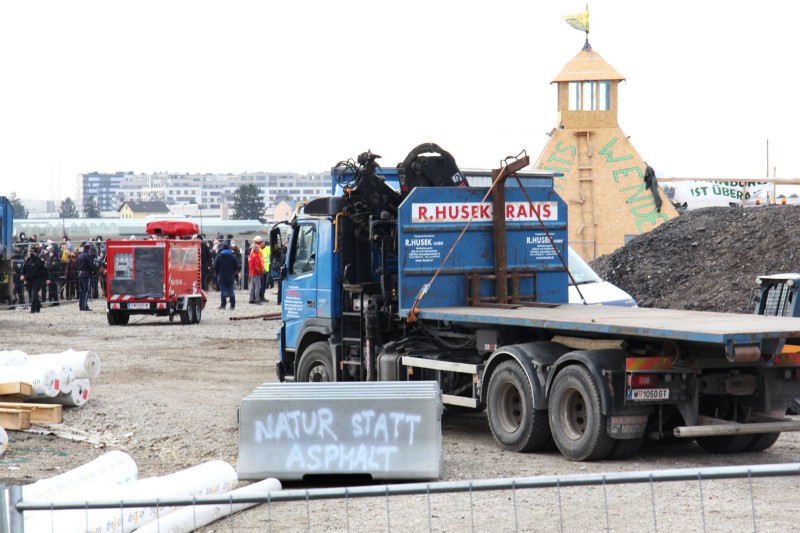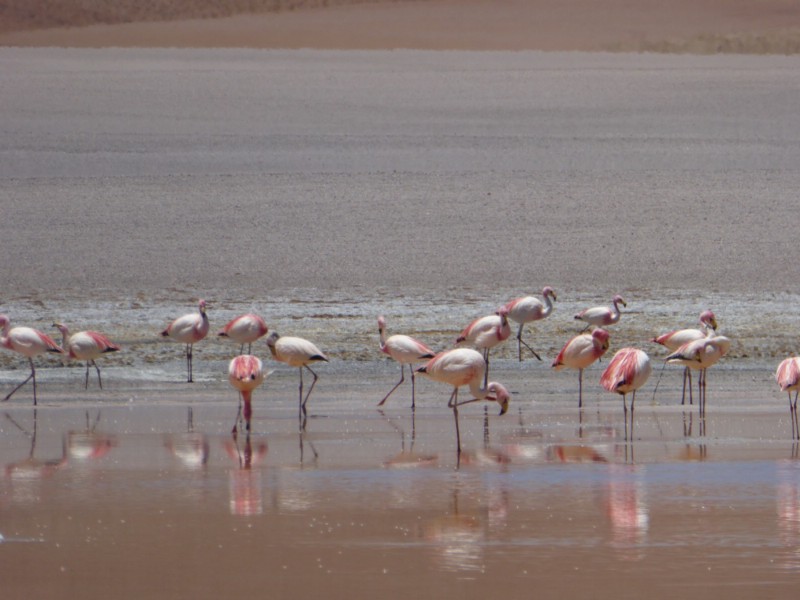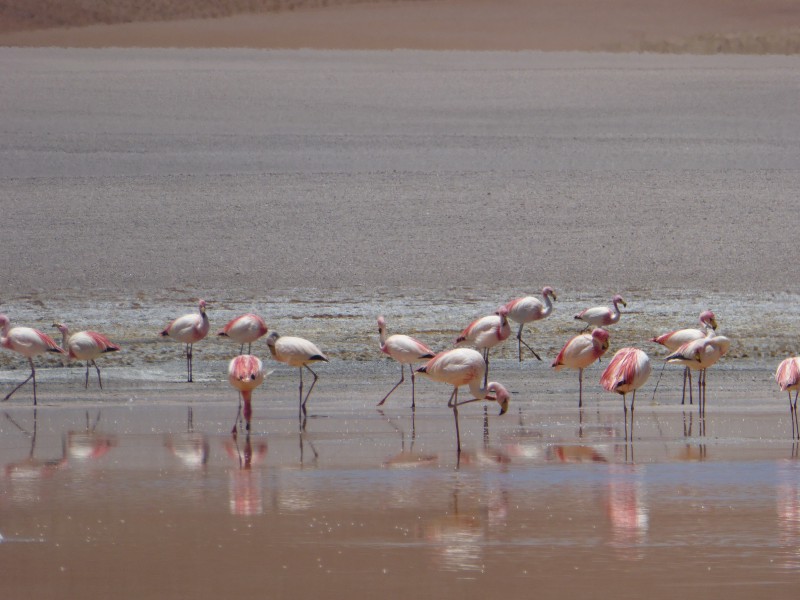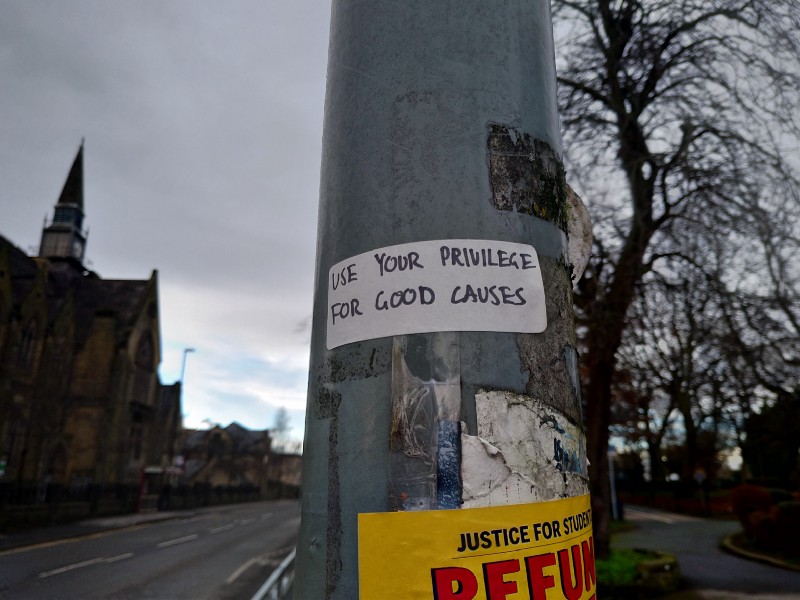Key Learning’s from the Microsolidarity Gathering
Last week I had the absolute privilege and pleasure to attend a gathering of changemakers, community-builders, coaches, space-holders and generally awesome people in Belgium. The experience was made possible by everyone who was there and was organized by Richard D. Bartlett and Nati Lombardo (thehum.org). In this article I want to share my key takeaways and learnings from a week of learning about microsolidarity, community, belonging, hosting and myself. I won’t go into any detail about what microsolidarity is, Rich has a series of essays over here where he introduces the concept.
This is a collection of some pieces of insight, remixed from the inputs of Rich, Nati and Karl, the interactions with other’s there, open space sessions and what came to me in quite time. A lot of it is not my own thinking but what I got from others. I try to give credit whereever possible, let me know if I got something wrong or you find your own brilliant thoughts in here and I haven’t given you credit! There is no particular order to the paragraphs, a lot of them overlap or describe a similiar thing from a different angle, but this is what I have to say and feels valueable to share at the moment.
If I had to name one single most valuable “corner-stone” learning it would be this:
To build communities and ultimately a society where everyone’s needs are met, everyone needs to be able to express their needs, to hear those of others, be committed to look for the overlap and celebrate the differences with creativity.
Self-Connection is a Skill
This means you can get better at it with practice and the right tools. It also means it is not trivial to be connected to ones own needs. The default behavior from dominant culture is to suppress some “undesirable”, “unacceptable” or “insufficient” parts of ourselves. Dominant behavior in the outer is a reflection of dominant behavior toward oneself. I can not treat you with compassion and have empathy for your needs if I am not able to do so for myself. Therefore practicing self-connection is a hugely important contribution toward around us.
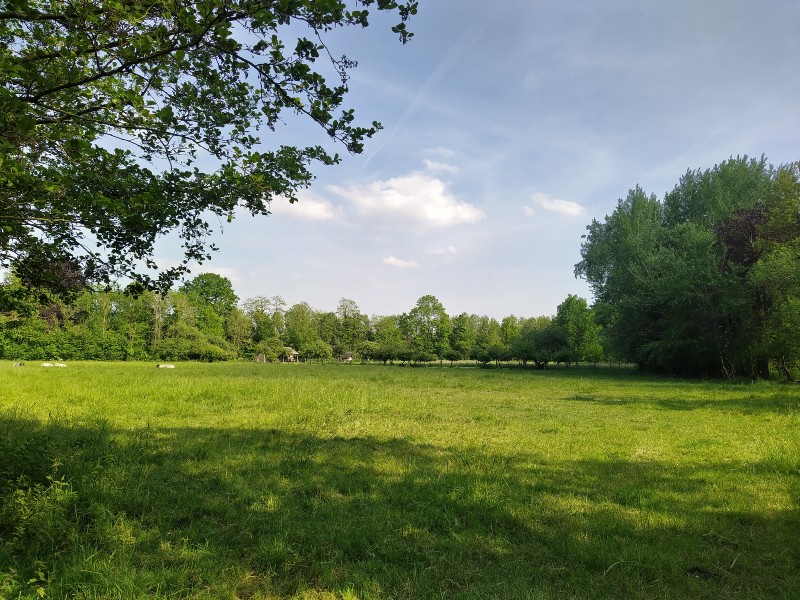
Social Fabric and Meaningful Connections
Social fabric is the magic substance that is created when we drop the bullshit, stop pretending and are real with each other. It is what emerges from a bunch of meaningful connections. Meaningful connections happen when we support each other in getting out needs met. This requires being able to express our needs and hear those of others. Meaningful connections can happen in an instant under the right conditions. Social fabric requires repetition, care for the connections and a sufficient density of connections. You know that social fabric is strong when it can hold conflict and disagreement.
Conditions for Meaningful Connections
At the gathering it was remarkably easy to drop into meaningful connections with people I had just met. This was because Rich and Nati and the rest of the hosting team had put a lot of thought and experience into creating the right conditions. They had created a lightweight but very thought-out set of boundaries and structure that helped everyone to relax and become present quickly. One quote that really made the ides of rules, boundaries and structure in community click for me was this:
The function of the boat is where the boat is not.
– Lucas Tauil
This means: the function of a boat is not to be a hull and a mast and a rudder. It is to displace water and float so that on the inside there is space for people to live and stuff to happen. Similarly the function of setting up boundaries around a community is not to have boundaries, but to enable everyone on the inside to engage in meaningful interactions and be present, because they can feel safe and know what to expect. The idea of a minimum viable structure really stuck with me: what is the absolute least amount of structure that we need in order for everyone to be able to express their needs, conflicts to be resolved gracefully and transformatively and the community to fulfill it’s purpose?

Belonging
Belonging is the feeling of being in the right place with the right people. Having what is needed by others and being able to provide it freely and happily. Being able to express what you need and having your needs met by those around you. Giving and receiving without worrying about the plumbing (as Jhonson Hsieh brilliantly put it). Breathing as one, being held crying in joy or anguish, holding what needs holding, just because we know there is something more real and important underneath what we can see on the surface. Something deeply authentic and special that each of us has to offer and that wants to come out and be expressed, wants to grow and thrive. Belonging is where it can, where we support each other so it is able to.
Belonging.
The place where you are longing to be.
Having an idea and realizing that just the right people are here and there is just enough time to make it happen in that moment. And then making it happen.
Not having to hold back any authentic part of yourself and seeing no need to do anything but show up authentically.
Expressing Needs
I have written a lot about expressing needs and getting them met in a community so far. But I want to riff on this again for a second by telling a story from my way back to Vienna after the gathering. I had to change trains in Aachen and had an hour to get dinner. I walked out of the train station, past a person sitting on the floor begging, barely noticing them, crossed the street and entered a Kebab place. As I entered I realized there was a very tense atmosphere, a woman at the counter and the two men behind it were having some kind of disconnect. Suddenly the woman grabbed a kebab sandwich on the counter that had apparently been prepared for her and left the store. The two men behind the counter were startled, one walked after her half heartedly, complaining that she hadn’t paid. When I sat down to eat he complained to me: “I get it, she’s hungry and doesn’t have money. But why does she treat us like this, not being honest? If she had told us: ‘I’m hungry but don’t have any money’ it would have been no problem, she could have eaten anyway. But ordering as usual and then running away with the food… what is this?”. I agreed that it was not a great way for her to get her need met and at the same time felt compassion for her situation. She was probably ashamed top directly ask or afraid that her request would not be granted (side note: this is probably because there was no social fabric between them, they were strangers to each other).
After I finished eating I still had some time to pass so I got a drink and sat down on the plaza in front of the train station. As I watched the diverse crowd that was hanging out there, the begging person that I had walked past without really noticing them, came up to me and very kindly said: “Do you maybe have 20 cents? I haven’t eaten yet and I am really hungry. I’ve been sitting in front of the train station for 2 hours but no one would give me any money”. The way that they looked at me and revealed their need to me, making a completely reasonable request, allowed me to look with in myself: do I right now have the capacity to support this person in having their needs met? I did and gave them two euros. They thanked me very kindly, I wished them well and wandered of to another group of people, where they made the same request and also got some money. I felt good after this interaction. I was able to support someone whilst keeping the integrity of my own needs.
A couple minutes later it was time to get on the next train. After we had left the station, a woman came in and sat down opposite of me. She looked vaguely familiar out of the corner of my eye so I looked closer: it was the woman that had run off with her free kebab. She seemed to recognize me too and looked away shamefully. I thought about how I could let her know that there would have been another way to get what she wanted, that would have left both the kebab people and herself feel good and cared for, instead of taken advantage of and shameful. Before I could say anything though she got up and found another seat across the aisle.
The difference in the way that these two people went about getting the exact same need met, struck me as a very coachable moment. The begging person was for one reason or another able to express what they needed truthfully and authentically, got what they needed and we both left the interaction feeling (or at least seeming to feel) great. This is a way of living in partnership. The woman in the kebab shop chose to be sneaky. She also got what she wanted but everyone involved left the interaction feeling shitty. This is a way of interacting in a domination paradigm (“I (the kebab lady) won’t get what I want from the ones higher up the hierarchy (kebab place guys) so I need to trick them into giving it to me and dominate them in return”).

Collective Agency requires Social Fabric
This means we can not collaborate to solve the problems of our time unless there is some social fabric between us. The stronger and more resilient the fabric is, the easier and more fun it is to work on really hard problems like: How do transition out of fossil energy in our community? How can we increase our food sovereignty? How do we make sure everyone has access to affordable housing?
→ i.e. the material conditions of society that will have to change pretty soon if we want to hang around this planet for much longer.
Since there is a lot of resistance to change and inertia in the system, these challenges are hard to solve.
- There will be conflict and disconnect at times in any group going about tackling them.
- We will need support to find our place in the struggle.
- We will need to grow to have the skills to make any meaningful impact.
- We need a sense of belonging to stay happy and healthy through these physically, mentally and emotionally challenging processes.
Social fabric is what provides this on different scales (read on).
Literacy of Scales
Microsolidarity is fractal. It assumes the same principles can support us on different scales of community, from the self, through dyad, crew and congregation all the way to the broad network. Rich kept mentioning through out the retreat, that the one thing that he wants people to walk away with, is literacy of scales, i.e knowing what scale of community is good at doing what. Right until the end of the week I kept thinking: “when are we going to get to that part?” It was only on the way home that I realized that this is the kind of thing that you learn through lived experience more so than through a lecture. I’ll offer some very short takeaways anyway:
- Conflict between 3 people does not need to be restored in a circle of 36. It is just very uncomfortable for the 33 people who are not involved.
- Dyads (two people) are great great great for getting support with deep inner work and an awesome space for creative co-creation of a workshop outline.
- Small groups (3–7 people) are amazing for sharing knowledge, giving each other feedback, aligning perspectives on a thing that happened, creative conversation, supporting each other through light disconnect.
- big groups (10 upwards) are great for games, dance, mixing and matching of needs and resources, cuddle puddles (although these might work at smaller scales too 😉

Meetings are important
“Meetings are the primary ritual of collective agency”
-Jen Sandler
While social fabric is a necessary pre-condition for making stuff happen, meetings are how we do that. Being good at meetings is very important if we want to make the world a better place. This sounds obvious but this spin on just how important meetings are really sparked something in me. Thanks Jen for the amazing open space session!
Compassion is key!
To weave social fabric and cultivate a sense of belonging practicing compassion for the parts of us as well as other people that have “divergent needs” is crucial. Compassion it was turns seemingly incompatible opposites that seem like a dead end road into a garden of opportunity in which we can creatively explore next steps that serve everyone involved.
Precise appreciation is powerful
Nothing is more effective to deepen meaningful connections and create a sense of belonging than precise appreciation. I learned this from Karl Steyaert (who did a big part of the input on inner work, self connection and conflict resolution and you should definitely check out if you are not familiar with him). Precise appreciation works like this:
- Someone did something you appreciated.
- What need did you have and how did they meet that need so that you appreciate them for what they have done?
- Tell them in as concrete terms as possible, they will feel seen in their brilliance and greatness.

So much more…
It feels like I could keep going for ever but this is a post on my “key learning’s” not all my learning’s 😉
Special thanks to Rich, Nati, Karl, Jocelyn and Lana who where the hosting team and created a safe container for a one of a kind experience that I will never forget! An equally huge thanks to everyone else who was there and contributed to my learning (you all did ;).
Let me know what resonated, what you see different, any thoughts that this sparked in the comments, via email on twitter or instagram 🙂



